Detailed introduction of Lucian Blaga University of Sibiu:
Introduction and Overview
Lucian Blaga University of Sibiu is a public university in Sibiu, Romania. It is named after the philosopher, poet and playwright Lucian Blaga and offers a wide range of undergraduate, master and doctoral programs covering multiple subject areas.
History and Founding Time
The school was founded on March 5, 1990. Its predecessor was a higher education institution established in 1976. In 1986, it was transformed into the School of Engineering affiliated to the Technical University of Cluj-Napoca and renamed Lucian Blaga University of Sibiu in 1990.
School Strength
Faculty: There are 881 academic staff in 2019-2020.
Student Size: There are 11,059 undergraduates, 2,733 postgraduates and 417 doctoral students in 2019-2020.
Scientific research achievements: It has 21 research centers, and its academic activities in the field of innovation have been highly praised in international invention exhibitions.
Nature of the institution
Public university.
Educational philosophy
Advocating the slogan of "a thousand identities, one university", encouraging students to unleash their creativity and potential, focusing on cultivating and supporting students to develop successful careers, advocating values such as entrepreneurship, innovation, high-quality research and openness, and committed to carrying out a competitive education process to meet EU standards and enable graduates to obtain international academic and professional recognition.
Key laboratories and disciplines
Key laboratories: The school is equipped with corresponding advanced laboratories in various disciplines, such as the electronic engineering laboratory and computer science laboratory of the School of Engineering; the physics laboratory and biology laboratory of the Academy of Sciences, etc., which provide good experimental conditions for teaching and scientific research.
Advantageous disciplines: Computer science, literature, language, translation and international relations are more popular. The majors of industrial engineering, mechanical engineering, electronic engineering, etc. of the School of Engineering have outstanding performance in teaching and research; the majors of medicine, dentistry, etc. of the School of Medicine also have certain strengths; the curriculum of the School of Economics in the fields of international affairs, finance, marketing, etc. is relatively complete.
Faculty
It has 9 colleges, namely Agricultural Sciences, Food Industry and Environmental Protection, Economics, Engineering, Law, Literature and Arts, Medicine, Science, Social Sciences and Humanities, and Theology.
Ranking
Ranked 1401+ in the 2025 QS World University Rankings, 1501+ in the THE World University Rankings, and 201-210 in the 2024 QS Emerging Europe and Central Asia.
Expenses
Tuition fees at public universities in Romania are relatively affordable. Domestic student tuition fees are usually around 800 euros per year. There is currently no exact standard for international student tuition fees, but it is generally around 2000-3000 euros per year. The specific fees may vary depending on the major and degree type.
Campus Environment
Campus Facilities: The campus environment is beautiful, with modern infrastructure and dormitories. There are also modern laboratories, theaters, shops, cafes and entertainment venues nearby. The school library has a rich collection of textbooks, scientific works, classical works and modern literary works.
Academic atmosphere: We have established cooperative relations with universities around the world, carried out academic exchanges, scientific research cooperation and student exchange programs, etc., creating an international academic atmosphere.
Cultural activities: The school will hold various cultural activities, academic lectures, sports events, etc. to enrich students' extracurricular life and promote their all-round development. At the same time, Sibiu itself is also a city with a long history and rich culture. Students can enjoy the city's cultural and entertainment resources.
-

Grigore T. Popa University of Medicine and Pharmacy
-
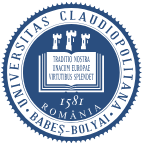
Babes-Bolyai University
-
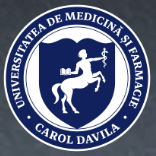
Carol Davila University of Medicine and Pharmacy
-
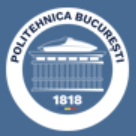
Politehnica University of Bucharest
-
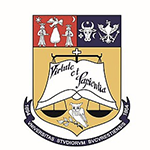
University of Bucharest
-

Technical University of Cluj-Napoca
-
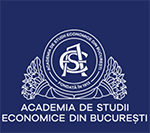
Bucharest Academy of Economic Studies
-

1st December 1918 University of Alba Iulia
-

West University of Timisoara
-
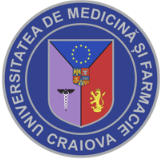
University of Medicine and Pharmacy of Craiova
-

Mesoamerican University
-

Istmo University
-

Mariano Galvez University of Guatemala
-

Regional University of Guatemala
-

Galileo University
-

Francisco Marroquín University
-

Rafael Landívar University
-

University of the Valley of Guatemala
-

University of San Carlos of Guatemala
-

Technological Institute of Tlaxcala Plateau
-

Golfo University
-

Technological University of South Sonora
-

Technological University of Huejotzingo
-

Tizimín Institute of Technology
-

Chilpancingo Institute of Technology

